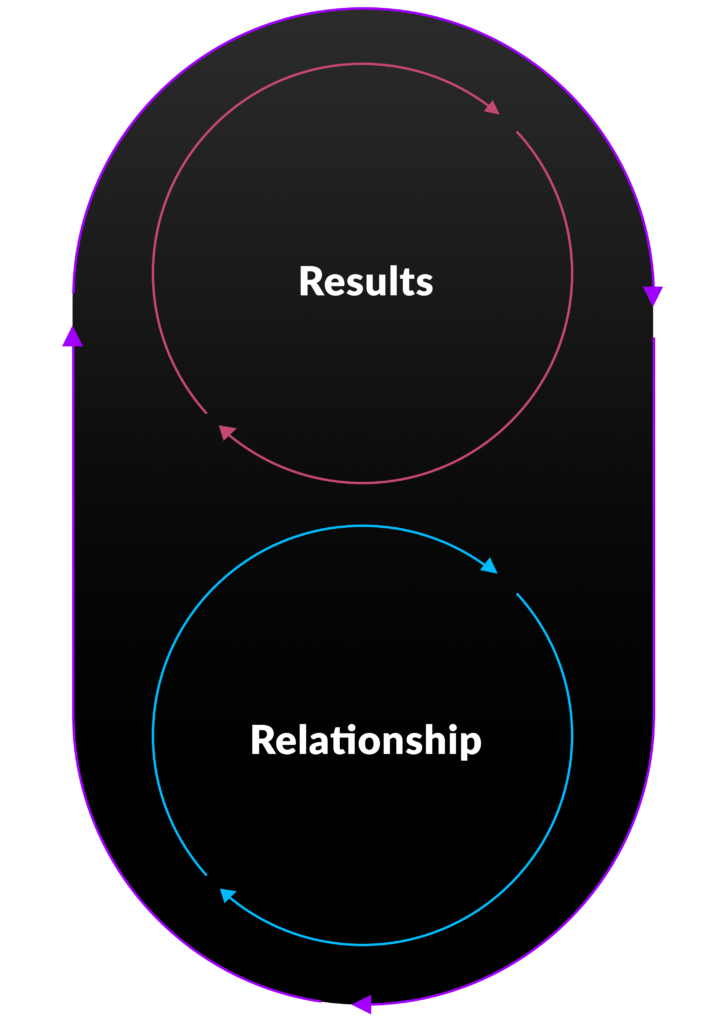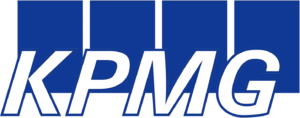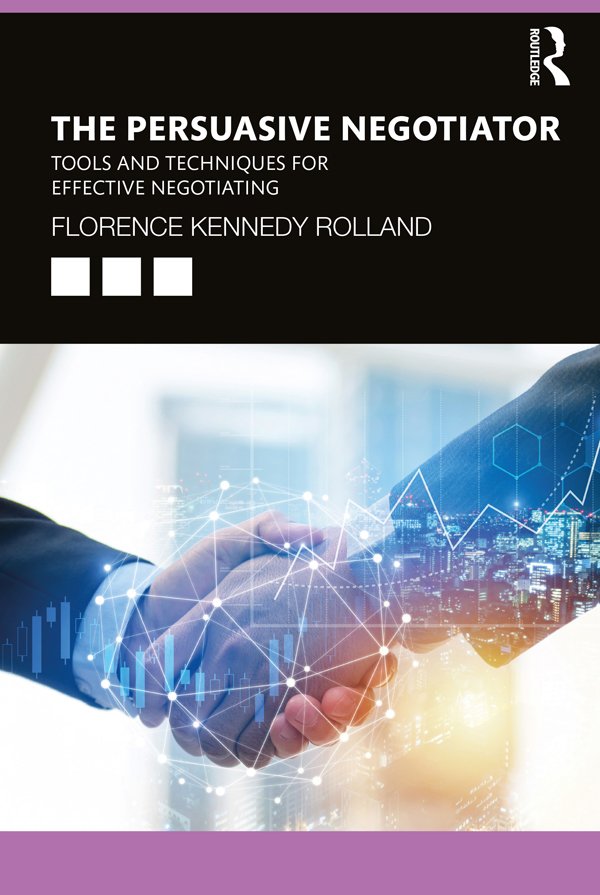The Power of Who Negotiates
Four Decades. One Focus.
For over 40 years, Kennedys has advised boards, policymakers, and investors exclusively on negotiation, applying the art and science of building high-performing negotiation teams.
Zero conflicts of interest in our business model, our work has helped leaders negotiate billions of pounds through better decisions and stronger agreements.
From strategy advisory and choosing the right dealmaker for the job, to bespoking and embedding our Eight Steps, Four Phases methodology, our ethos, derived from Gavin Kennedy’s principles and rooted in the Latin Ex Bona Fide Negotari (“From Good Faith to Negotiate”), has guided our approach.
We are proud that the Kennedy Method is deeply embedded in half of the original FTSE 100 and taught at top business schools worldwide



Evidence-Based Methodology
“Sometimes my colleagues give away too much to close a deal, leaving my team with less to work with,”
noted a client CFO, highlighting how theoretical approaches that ignore the true dynamics of negotiation drive costly concessions and erode value.
Kennedy’s approach to negotiation is practical, not evangelical. our evidence-based methodology provides a clear, structured framework for managing negotiation as a phased behavioral process.
This model has governed billions in negotiation outcomes since 1976 and remains the behavioral foundation behind many of the original FTSE 100.
Negotiation isn’t linear Recognise the phase

Manage the right movement

Adapt skillfully at the table, balancing flexibility and control

Creating value through Negotiate 8-Step/Four phase model
Customised Confidence
No two deals are alike.We tailor the Eight-Step / Four-Phase Model to your strategy, roles, and real-world risk.
Pioneering Leadership
Since 1982, our simulations have replaced theory with pressure-tested learning—training negotiators to perform when it counts.
Commercial & Operational Imperatives
Successful
Execution
Team Assessment
“Most deal breakdowns don’t start at the table. They start with the wrong person sitting at it.” co-CEO and managing director
How do they behave under pressure and what impact does that behavior have on trust, control, and value protection?
How do they behave under pressure?
Have they done before?
Does their role clarity, fallback control, and mandate alignment support safe, confident negotiation decisions?
Confident negotiation decisions?
Built on Discipline, Proven in Results

1978 Before google

2015 After ChatGPT
From boardrooms in London to markets in Sydney
























